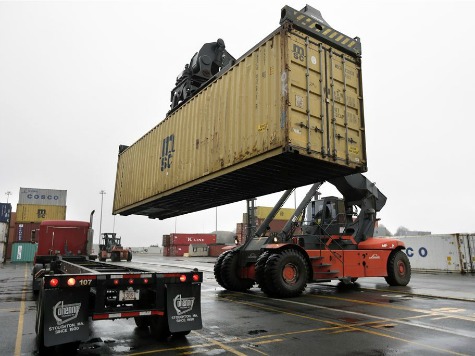
The International Longshoremen’s Association threatened to walk off the job if an agreement was not reached over cut royalties to dock workers for each ton of cargo they move. The union and the US Maritime Alliance, who represent the shipping lines, agreed to a 30-day extension to tie up loose ends.
The original contract expired in September, but both sides agreed to a 90-day extension that would have ended at midnight on Sunday. This extension will end on January 28.
If a full agreement is not reached in 30 days, the strike could have a major impact on the economy and markets. Ports from New York to Miami to Houston would have been closed, costing almost $1 billion a day. The 15 ports move more than 100 million tons of good every year.
Employees already receive an average of $124,138 in wages and benefits a year. Last year, 110 million tons was moved in the ports, which add up to $211 million and an average of $15,500 per worker. This is on top of the cushy salary most receive.
While the strike might not happen, it is important to remember the affect it would have. It would not just affect the longshoremen. If there’s no cargo, there’s no need for truck drivers to transport it. CBS Baltimore interviewed a truck driver before the ILA and Alliance came to an agreement.
“Next week, I’m going to be out of business,” claimed Jose Espinoza. “That’s because if I don’t work, I don’t get paid. Bottom line is everybody is worried about it.”
The National Retail Federation is being cautious. This represents hundreds of retailers based in the United States and was a leading voice in calling for both sides to reach an agreement.
“We continue to urge both parties to remain at the negotiating table until a long-term contract agreement is finalized,” NRF CEO Matthew Shay said.
Florida Governor Rick Scott asked President Barack Obama to step in and use powers given to him by the 1947 Taft-Hartley Act. The act allows the president to force the ILA to keep working if the sides cannot come to an agreement. President Bush invoked the act in 2002 when West coast ports shut down for 10 days.
The West coast is having similar problems, but their hurdles are new workplace rules. Longshoremen in Portland, OR, Vancouver, WA, and Seattle, WA have been working without a contract since their contract expired on September 30.

COMMENTS
Please let us know if you're having issues with commenting.